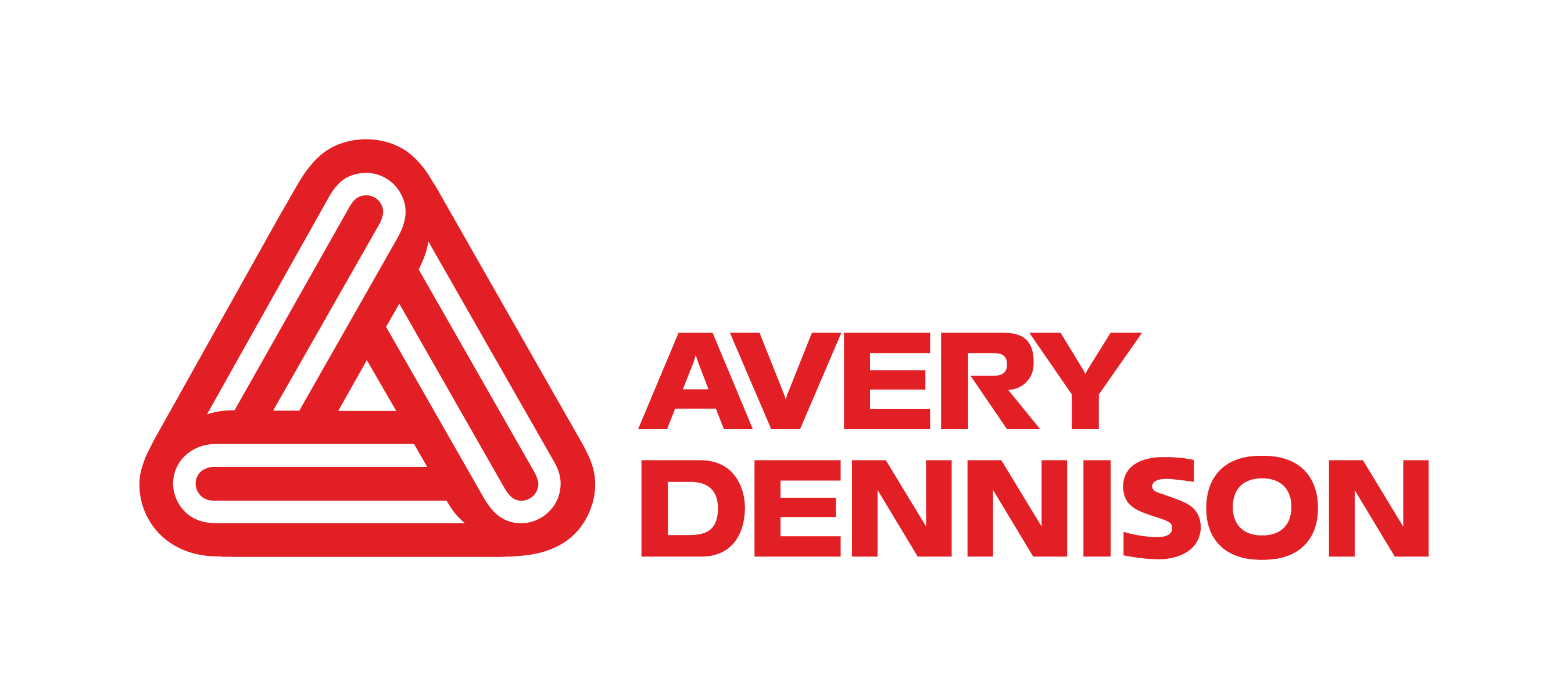Plastic’s adaptability is both its strength and its weakness. While it’s a resource that industries heavily depend on, its overuse—paired with improper disposal—has led to severe environmental consequences. A 2024 sustainability survey by Avery Dennison highlights how both brand owners and recyclers are grappling with plastic’s sustainability challenges.
Brand owners rank plastic reduction as one of the most important factors in sustainable packaging, motivated by goals such as cost competitiveness, reducing their plastic footprint, and meeting sustainability commitments. However, many struggle with cost challenges and balancing sustainability with marketing priorities. Meanwhile, recyclers are faced with technical hurdles, such as bottle quality and label removal, which complicate effective recycling.
Plastic packaging typically uses three main label technologies: pressure-sensitive, sleeve, and wrap-around labels. While the survey shows that pressure-sensitive labels are favored for their design flexibility, they raise concerns around label removability—an essential step in the plastic recycling process. Ineffective labeling can result in improper disposal, contamination of recyclable materials, and wasted resources, further aggravating the plastic waste crisis.







